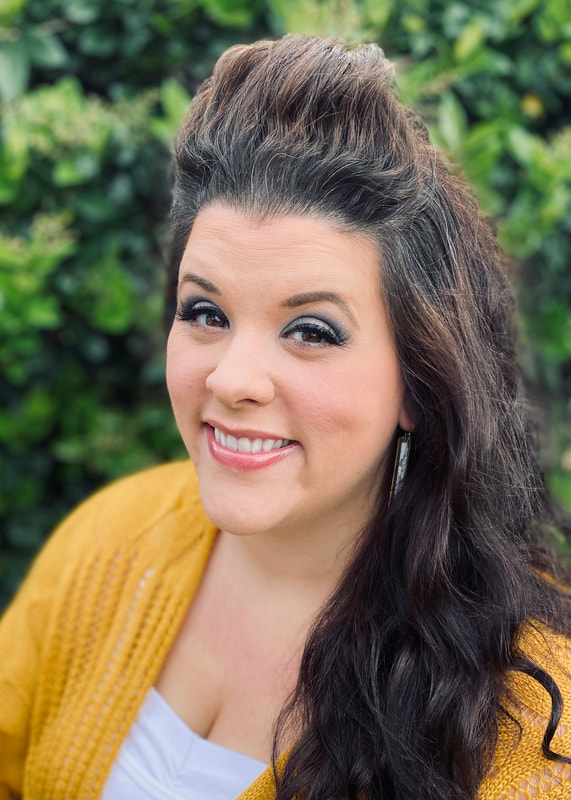|
Over the years, I've often written about the reasons teachers should incorporate digital storytelling in their classrooms. I've talked about how student film can empower young people, promote collaboration, provide an opportunity for authentic communication, and showcase learning. In my book and during several interviews, I've made sure to express just how much middle school voices need to be enfranchised through digital storytelling, and that they have no shortage of poignant messages to share.
But this year I have learned that there is an even deeper truth about the benefits of making movies in the classroom. I've learned that digital storytelling can be the perfect modality for students to process their emotions and make sense of their world. This past November, one of my students, Marina, experienced a personal tragedy. She was visibly distraught in class for several days before she finally confided the reality of her family's situation. "You're the only adult I can talk to, Mrs. Pack," she said. "My family hurts so much right now, I need to be strong for them." Marina's baby cousin passed away after drowning in her family's backyard pool. We talked for an hour after school that day. Then she came to me several weeks later and said, "You know how my cousin died? I think I need to make a movie about it." My first instinct was to be hesitant. Would this be emotionally safe for her? Should I allow a student to tackle such an intense topic so close to the moment of devastating loss? What if she broke down during the process? Would I know what to do? Marina has been my student for the past three years; she has a talent for digital storytelling. During her sixth grade year, Marina wrote and directed an award-winning video called, Math Genius. During her seventh grade year, she starred in the award-winning Lost Ships as one of the principal characters; it was a project took over 5 months to produce. Is it any wonder that she would choose to grieve by sharing her cousin's story, the story of her family's grief, on camera? "Okay," I said. "But first, let's talk about what is motivating you. What is the goal you hope to accomplish?" "I want to make this movie as a memorial to Gio. And I want others to learn from his story." How could I deny Marina her mission? How could I stop her voice in its tracks? I decided that if she was brave enough to write and film this story, I would be brave enough to support her. After several on location shoots, many different interview takes, and lots of tears, Remembering Gio was finished. Marina asked me to submit her work to several local and state film festivals. She said it doesn't matter if her video is screened, but she wanted to try to share Gio's story with as large an audience as possible. The day we rendered the final cut, she also made me promise to upload the video to YouTube as soon as possible. In workshops and keynotes, I've often spoken about the power of saying YES to our students. This is yet another instance in which I am so very glad to have said YES to the process, to Marina's choice in subject matter, to sharing her grief and love of her cousin. Most of all, I am so proud of her for laying her grief out there for the world to see, for turning a tragedy into an opportunity to educate others. Tracey Walker, a wonderful educator in my PLN, summed Marina's project up perfectly when she said:
0 Comments
Your comment will be posted after it is approved.
Leave a Reply. |
Author: Jessica PackCalifornia Teacher of the Year. CUE Outstanding Educator 2015. DIGICOM Learning Teacher Consultant. 6th Grade Teacher. Passionate about gamification, Minecraft, digital story-telling, and fostering student voices. Download:Archives
June 2020
Categories
All
|

 RSS Feed
RSS Feed